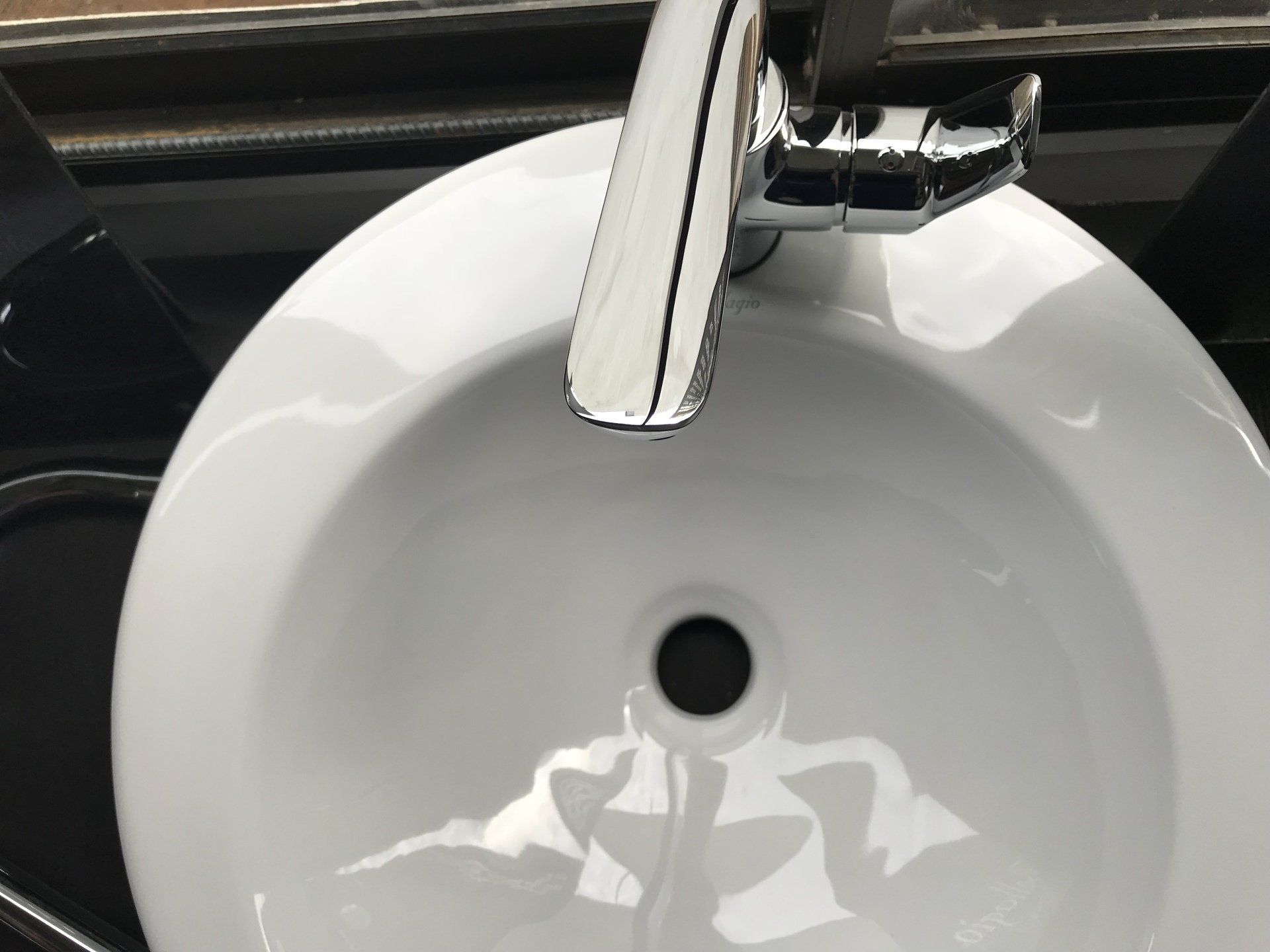Understanding Landlord Security Deposits in South Carolina: A Comprehensive Guide
Understanding Landlord Security Deposits in South Carolina
As a landlord in South Carolina, understanding the intricacies of security deposits is crucial for maintaining legal compliance and fostering positive tenant relations. Security deposits serve as a financial safeguard for landlords, but it's essential to navigate the regulations outlined in the South Carolina Residential Landlord and Tenant Act Title 27, Chapter 40 (S.C. Code Ann. §§ 27-40-410 and 27-40-510) to avoid potential disputes and legal complications.
Let's delve into the key aspects of landlord security deposits in South Carolina.
- Purpose of Security Deposits:
Security deposits are funds collected by landlords from tenants to cover any damages beyond normal wear and tear, unpaid rent, or expenses incurred due to lease violations. They provide landlords with financial protection and assurance against potential losses during the tenancy.
- Maximum Security Deposit Limit:
According to Section 27-40-410 of the South Carolina Residential Landlord and Tenant Act, landlords are permitted to collect a security deposit equivalent to no more than two months' rent for unfurnished residential rental units and three months' rent for furnished units. Exceeding these limits is unlawful and may result in legal consequences for landlords.
- Handling of Security Deposits:
Upon receiving a security deposit, landlords must adhere to specific guidelines outlined in Section 27-40-510 of the Act. This includes promptly depositing the funds in a separate, interest-bearing account at a federally insured financial institution located within the state of South Carolina. Landlords must provide tenants with written notification of the bank's name and address where the deposit is held within thirty days of receipt.
- Return of Security Deposits:
At the end of the tenancy, landlords are required to return the security deposit to the tenant within thirty days after the termination of the lease or the tenant's vacating of the premises, whichever occurs later. Deductions may be made for damages beyond normal wear and tear, unpaid rent, or other legitimate expenses incurred during the tenancy. Landlords must provide tenants with an itemized list of deductions along with any remaining balance of the security deposit.
- Dispute Resolution:
In the event of a dispute regarding the return of the security deposit, tenants have the right to challenge deductions they deem unjustified. Landlords must adhere to the statutory requirements outlined in the South Carolina Residential Landlord and Tenant Act and provide documentation to support their deductions. Failure to comply with these regulations may result in legal action and potential liability for landlords.
Understanding the regulations governing landlord security deposits in South Carolina is essential for landlords to maintain compliance with the law and protect their interests. By adhering to the provisions outlined in the South Carolina Residential Landlord and Tenant Act, landlords can foster transparency, accountability, and trust in their landlord-tenant relationships while mitigating the risk of legal disputes.
For further guidance and clarification on specific legal requirements regarding security deposits, landlords are encouraged to consult with qualified legal professionals or local housing authorities.
Remember, informed and responsible management of security deposits is key to ensuring a smooth and mutually beneficial rental experience for both landlords and tenants in South Carolina.
Following this link for the entire code of laws:
https://www.scstatehouse.gov/code/title27.php
Reach out to Forge Property Management today and experience the difference in exceptional property care that propels your investment towards sustained success.
Disclaimer:
The information provided in this article is for educational purposes only and should not be construed as legal advice. Landlords in South Carolina are encouraged to familiarize themselves with the relevant provisions of the South Carolina Residential Landlord and Tenant Act (S.C. Code Ann. §§ 27-40-410 and 27-40-510) and consult with qualified legal professionals or local housing authorities for specific guidance tailored to their individual circumstances. While efforts have been made to ensure the accuracy and completeness of the information presented, no guarantee is made regarding its applicability to any particular situation. Readers are urged to exercise caution and seek professional assistance as needed when dealing with landlord-tenant matters, including security deposits.



